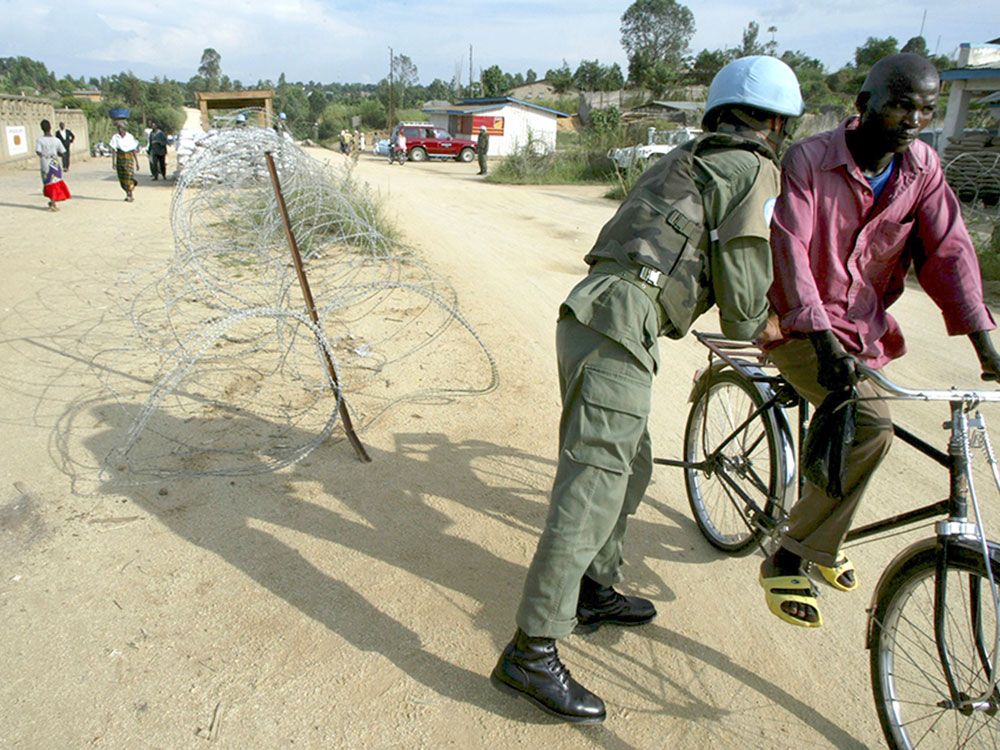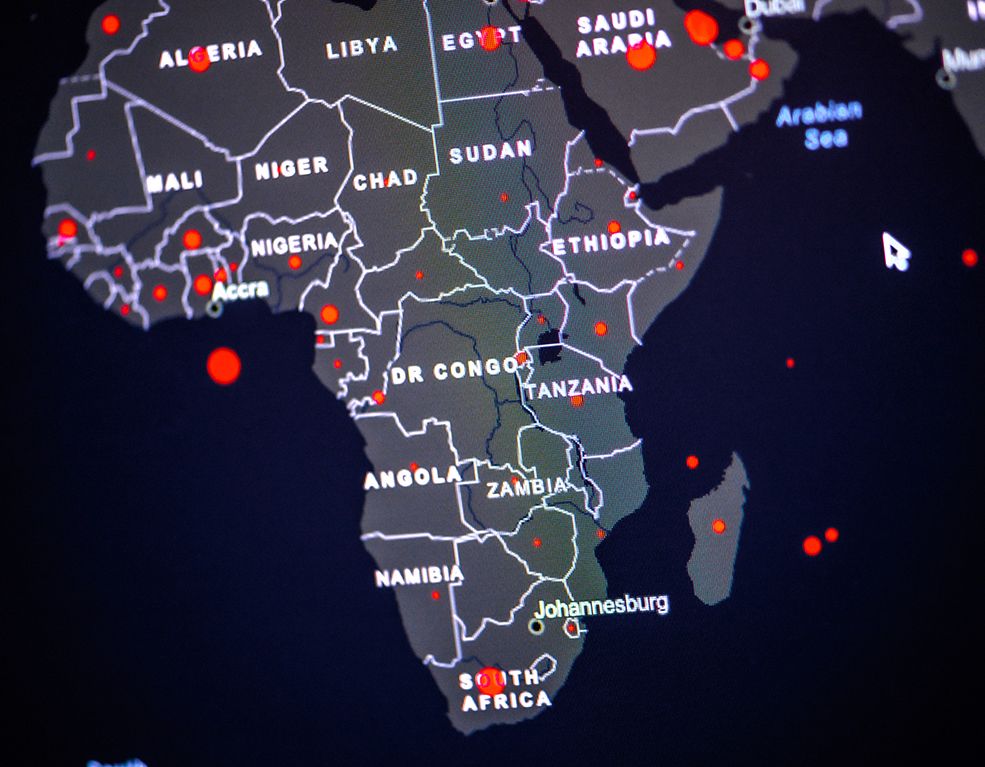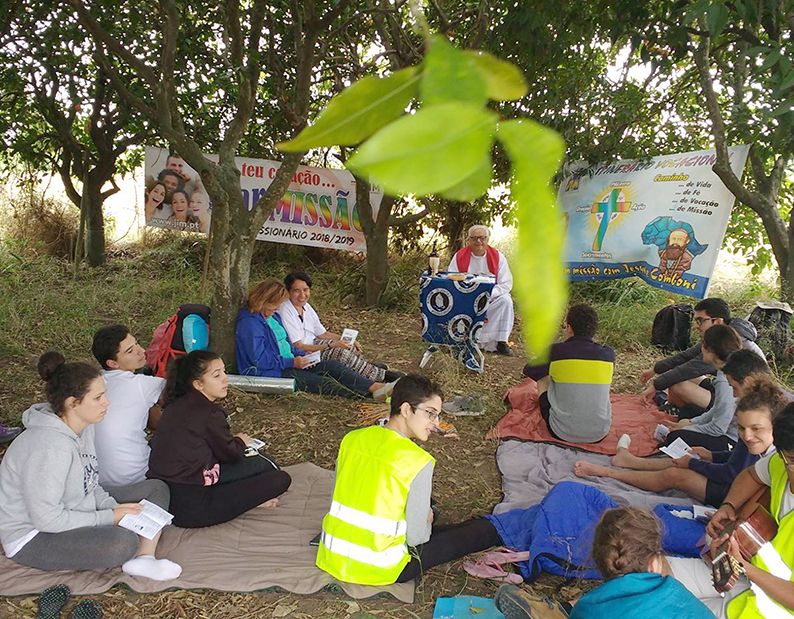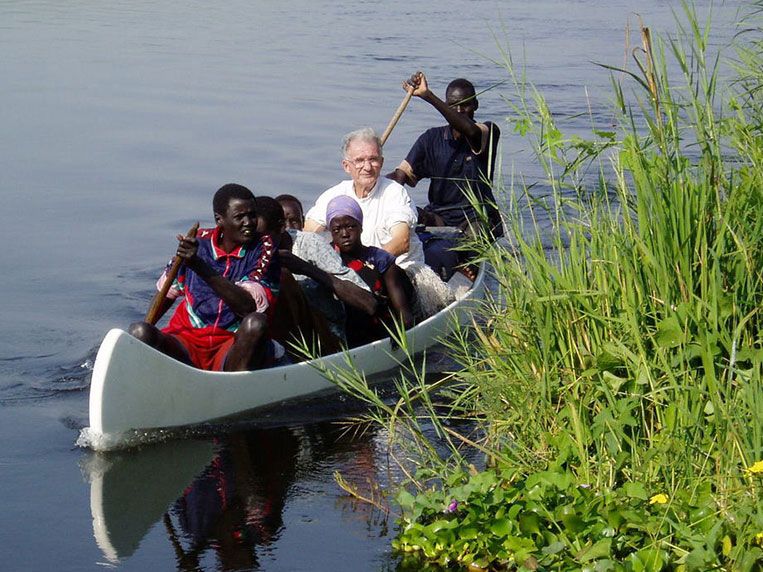Each day on our television screens, hundreds of millions of people from all parts of the world watch as bombs and artillery explode in Ukraine, Gaza, and Israel, tearing buildings apart and killing men, women, and, more tragically, even children. Instead of pursuing war and slaughtering thousands of people around the world, we should be focusing on the current impact humans have on planet Earth.
An international group of scientists recently published a report in the magazine BioScience which states that “the Earth’s ‘vital signs’ are the worst in any time in human history” (Carrington, “Life on Earth ‘under siege’ as world’s vital signs in crisis, scientists warn,” The Guardian, 2023). This is an astonishing and shocking claim, especially when a similar study in 2019 was endorsed by over 15, 000 scientists and came to the same conclusion.
ALARMING CLIMATE DATA
Professor Willaim Ripple from the Oregon State University (OSU) is one of the authors of the report (Tom Hale, “Life on Our Planet is Clearly under Siege, says New World Scientists’ Climate Report,” 2023). He states that “life on our planet is under siege.” In 2023 for example, climate records have been broken by enormous margins right across the globe. July 2023 was the warmest month ever, and to date, the year 2023 has been the hottest recorded on the planet in 100,000 years.
Today, warmer oceans are causing serious melting of the ice in the western Antarctic. A new study has shown that if the western Antarctic continues to melt, the level of the oceans will increase by five meters (Damian Carrington, “Rapid ice melt in west Antarctica is ‘inevitable’–even with emissions cut,” The Guardian, 2023).
If this happens within a century or two, millions of people who live in coastal cities like Cork, New York, Mumbai, London and Shanghai will have to find shelter elsewhere. Analysis of this data shows that the rate of melting of floating ice in western Antarctica has been three times faster during this century than it was in the 20th century (Ibid).
The warming of the oceans is also causing the destruction of many species. The record loss of sea ice in Antarctica in 2022 caused a mass die-off of emperor penguin chicks because the sea ice melted in mid-November, forcing penguins to abandon the colony. If this trend continues, the world’s largest penguin will soon face extinction (Alec Luhn, “Emperor penguin colonies lost all their chicks due to ice breakup,” NewScientist, 2023).
Whether we will achieve the goal of addressing climate change is doubtful. In March- April 2023, wild fires in Canada demolished 10 million hectares of forest and pumped one giga-ton of carbon dioxide into the atmosphere. This is significantly more than Canada’s total greenhouse gas emissions of 0.67 giga-tons in 2021.
OVER-EXPLOITATION OF RESOURCES
There has evidently not been enough effort to address the fact that humans are taking more from the earth than it can safely give. This is happening with regards to climate change, biodiversity collapse, food production and water use. The above-mentioned study showed that the prevalence of undernourishment, after declining for many years, is now on the rise again, especially in Africa.
Professor Christopher Wolf, co-author of the report, states that the world we are creating will be marked by unbearable heat and shortages of food supplies and water (OSU). He believes that by 2100, three to six billion people may find themselves outside the Earth’s habitable regions. As a result of these changes, human mortality rates will begin to rise, reversing major gains achieved during the 20th century.
REFUSING TO ACCEPT HOPELESSNESS
In Laudate Deum (LD), Pope Francis refers to the COP 28 on climate change in the United Arab Emirates in November and December 2023. He is aware that this country is a major fossil exporter. And yet, he was hopeful that a favorable outcome would be achieved. The Pope writes, “To say that there is nothing to hope for would be suicidal, for it would mean exposing all humanity, especially the poorest, to the worst impacts of climate change” (LD, n. 53).
“If there is sincere interest in making COP28 a historic event that honours and ennobles us as human beings, then one can only hope for binding forms of energy transition that meet three conditions: efficient, obligatory and readily monitored. This, in order to achieve the beginning of a new process marked by three requirements: that it be drastic, intense and count on the commitment of all.” (LD n. 59).
Surely the important studies I have quoted above are sounding the alarm bells for us now. We need to expand our renewable energy sources much quicker. Unless humans begin to live in a sustainable way across the globe, the future is extremely bleak for future generations.



































